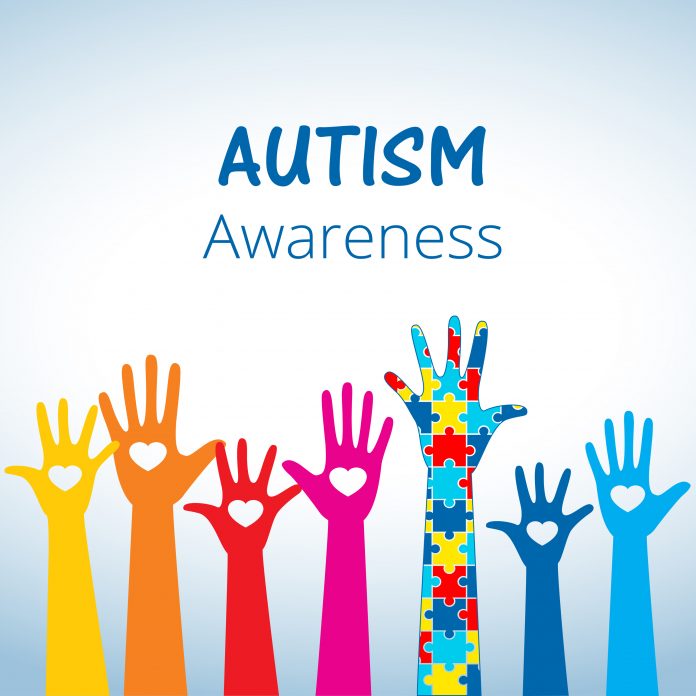The number of children with autism is growing and there is lots of information available on how to take care of young people with autism. Trying to find resources for taking care of a senior with autism is much more difficult.
The first diagnoses for autism were in the early sixties and many of those who were diagnosed are now almost seniors.There are also many seniors who never received a diagnosis and have been living with autism for many years. Autistic seniors need the same care as other seniors but in a different way.
How do you look after an autistic senior?
- Those with autism have an easier time if they deal with the same people daily and are not faced with different caretakers. Sticking to a routine with familiar faces helps seniors with autism communicate more easily.
- Be specific. If you are asking a question, don’t generalize. Those with autism may not be able to process what you’ve asked. Ask direct, simple questions that they can answer easily.
- Pay attention to those around them. People with autism and particularly seniors with autism are a target for scammers and anyone else looking to take advantage of them. Make sure no one can easily access their bank accounts or their homes. Check out new friends to ensure they are trustworthy.
- Look into therapy or resources available in your city that can help the autistic senior cope more easily. Many autistic seniors can improve their communication skills by seeing a therapist.
- Don’t forget yourself. Caregiving is always difficult and if you are a caregiver for an autistic senior there are more jobs for you to do and more stress. Have another familiar face available to takeover occasionally so you can take breaks.
Taking care of a senior with autism is difficult but the two of you can do things together. Find a middle ground and an easy way to communicate. It will be helpful for both of you. For more information on taking care of seniors with autism, click here.


